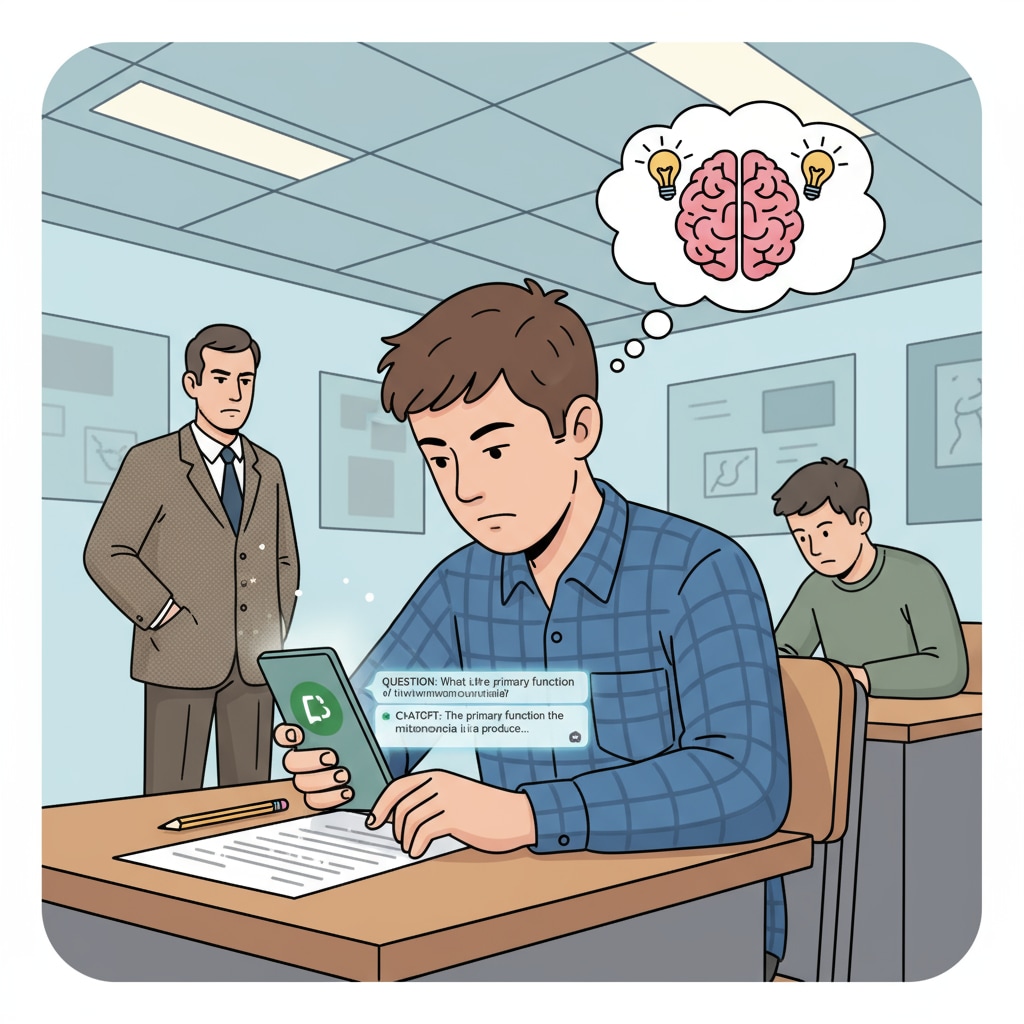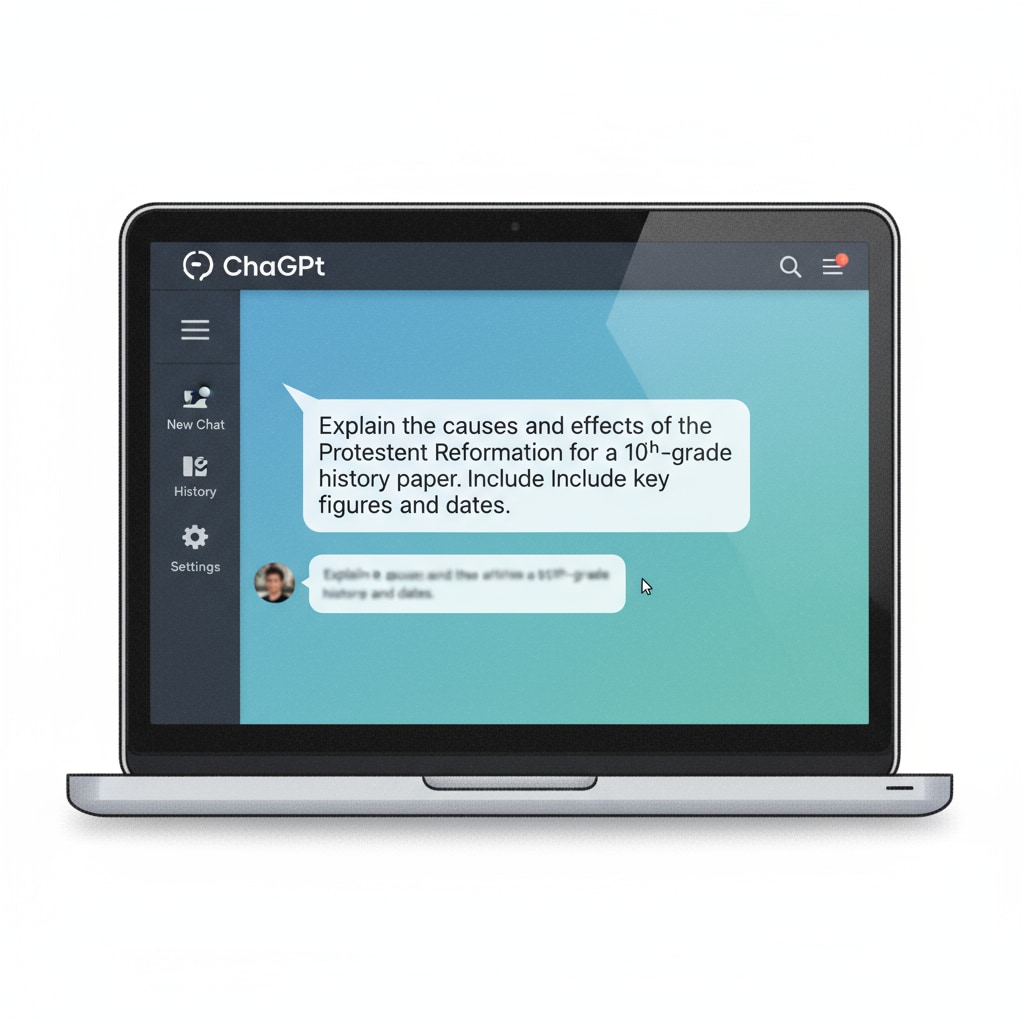In the digital era, the issue of ChatGPT in education and its misuse for cheating has emerged as a significant concern. As artificial intelligence tools like ChatGPT gain popularity in educational settings, students are increasingly abusing these technologies to gain an unfair advantage. This phenomenon not only undermines the integrity of the learning process but also challenges the traditional educational assessment systems.

The Temptation of ChatGPT for Cheating
The rise of ChatGPT in education has presented students with a powerful temptation to cheat. ChatGPT can generate seemingly well-written essays, solve complex problems, and provide quick answers to various questions. For example, a student facing a difficult assignment might turn to ChatGPT to obtain a pre-written solution. This ease of access to information makes it appealing for those looking to avoid the hard work of genuine learning. As a result, it has become a go-to “secret weapon” for some students aiming to cheat their way through educational tasks.

Underlying Reasons for Misuse
There are several reasons behind the misuse of ChatGPT for cheating in education. Firstly, the pressure to achieve high grades is immense. Students often feel that they must meet certain academic standards, and the temptation to take shortcuts using tools like ChatGPT becomes overwhelming. Secondly, the lack of proper digital literacy education plays a role. Many students may not fully understand the ethical implications of using such tools for cheating. In addition, the anonymity provided by these digital platforms gives students a false sense of security, making them more likely to engage in unethical behavior.
The Negative Impacts on Education
The misuse of ChatGPT for cheating has far-reaching negative impacts on education. It distorts the true assessment of students’ knowledge and skills. Educators rely on assignments and exams to gauge students’ understanding, but when cheating occurs, the results are inaccurate. This, in turn, affects the quality of education as teachers may not be able to identify areas where students need improvement. Moreover, it undermines the value of hard work and integrity in the learning process. Cheating students gain an unfair advantage over those who study diligently, creating an unjust learning environment. Educational integrity on Wikipedia
Strategies for Educators to Counter Cheating
Educators need to take proactive steps to combat the use of ChatGPT for cheating. One approach is to enhance digital literacy education. By teaching students about the proper use of technology and the importance of academic integrity, educators can empower them to make ethical decisions. Additionally, educators can design assessments that are more resistant to cheating. For example, incorporating open-ended questions that require critical thinking and personal insights can make it difficult for students to rely on ChatGPT. Another strategy is to use plagiarism detection tools and other technological solutions to identify instances of cheating. Educational assessment on Britannica
In conclusion, the issue of ChatGPT being misused for cheating in education is a complex one that requires immediate attention. By understanding the reasons behind it, the negative impacts it causes, and implementing effective countermeasures, educators can safeguard the integrity of the educational system and ensure that students are truly learning and growing.
Readability guidance: This article uses short paragraphs and lists to summarize key points. Each H2 section provides relevant details. The passive语态 is used sparingly, and long sentences are controlled. Transition words are added throughout to enhance flow.


